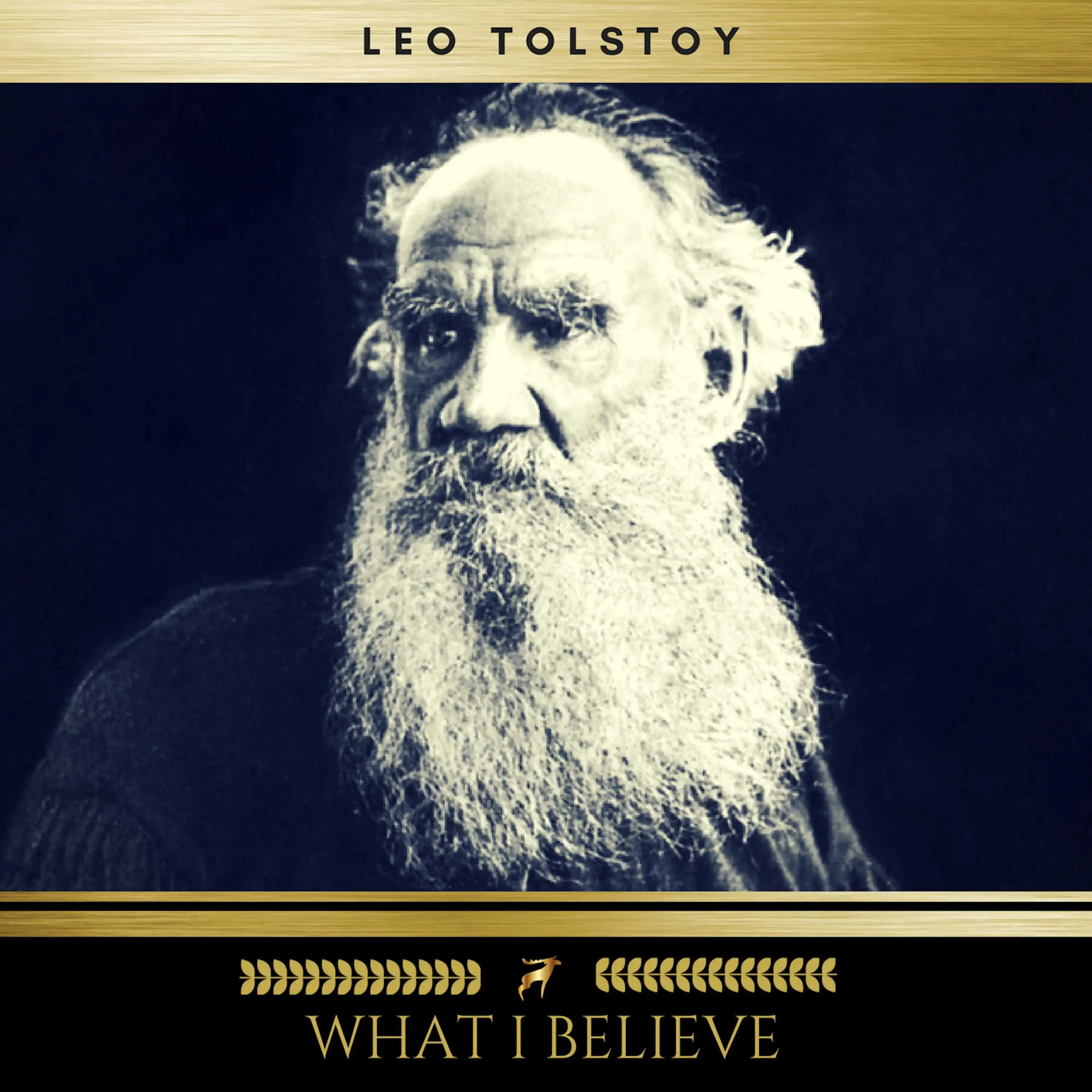''What I Believe'' written by Leo Tolstoy
71
"What I Believe" is a non-fiction work by Leo Tolstoy, written in 1884. In this essay, Tolstoy outlines his evolving philosophical and religious beliefs. Here's an analysis of key aspects of "What I Believe":
1) Religious and Moral Philosophy:
- "What I Believe" serves as a testament to Tolstoy's journey of spiritual and moral exploration. It reflects his dissatisfaction with institutionalized religion and his search for a more authentic connection with God.
- Tolstoy emphasizes the importance of a personal and direct relationship with God, rejecting organized religious practices and doctrines.

2) Nonresistance to Evil:
- One of the central tenets of Tolstoy's philosophy is nonresistance to evil, often expressed as nonviolence or pacifism. He advocates for the rejection of force and violence in all aspects of life.
- This belief is influenced by Tolstoy's interpretation of Jesus' teachings, and it becomes a cornerstone of his later works, such as "The Kingdom of God Is Within You."

3) Critique of the State and Authority:
- Tolstoy criticizes the state and its institutions, particularly in their role in perpetuating violence and coercion. He advocates for a rejection of political and military authority in favor of a simpler, more communal way of life.
- This critique aligns with Tolstoy's broader social and political philosophy, which emphasizes the importance of individual conscience over obedience to authority.

4) Simplicity and Humility:
- Tolstoy promotes a lifestyle of simplicity and humility, advocating for a rejection of materialism and social hierarchies.
- His ideas echo themes found in other religious and philosophical traditions, emphasizing the virtues of humility, compassion, and detachment from worldly possessions.

5) Universal Love and Compassion:
- Tolstoy's philosophy emphasizes the importance of universal love and compassion for all living beings. He argues for an inclusive, non-exclusive understanding of love that extends beyond familial and tribal boundaries.
- These ideas align with Tolstoy's interpretation of Christian teachings, emphasizing the universality of love as a guiding principle.

6) Individualism and Conscience:
- "What I Believe" underscores Tolstoy's commitment to individualism and the importance of following one's conscience, even in the face of societal norms and expectations.
- Tolstoy encourages readers to question established authorities and institutions, urging them to prioritize their personal moral convictions.

7) Influence on Gandhi:
- Tolstoy's ideas, particularly his philosophy of nonresistance to evil, had a profound influence on Mahatma Gandhi. Gandhi corresponded with Tolstoy and adopted many of his principles in the struggle for Indian independence.

8) Accessible Language and Direct Style:
- Tolstoy presents his beliefs in a clear and accessible language, making complex philosophical ideas comprehensible to a wide audience.
- The direct style of writing reflects Tolstoy's commitment to clarity and underscores the sincerity of his convictions.

9) Legacy and Continued Relevance:
- "What I Believe" is part of Tolstoy's later philosophical writings, contributing to his legacy as a thinker who grappled with profound questions about life, morality, and spirituality.
- Tolstoy's ideas on nonviolence, simplicity, and individual conscience continue to inspire individuals and movements advocating for social change and justice.
"What I Believe" is a key text that provides insights into Tolstoy's personal philosophy and his quest for a more authentic and meaningful life. The essay remains relevant for those interested in ethical, religious, and social discussions, and it serves as a testament to Tolstoy's intellectual and spiritual journey.
I recommend you to listen ''What I believe'' audiobook for those who don't have time;
What I Believe - Audiobook;
References;
- My Religion Graf Leo Tolstoy · 1885 "This book contains a thorough statement of Tolstoy's religious beliefs, including his philosophy of "Christian pacifism.""
Thank you for reading!
You can complete great comment tasks at here. #whatibelieve #leotolstoy #essay #book #bookreview #audiobook #culture #reading #writer








































